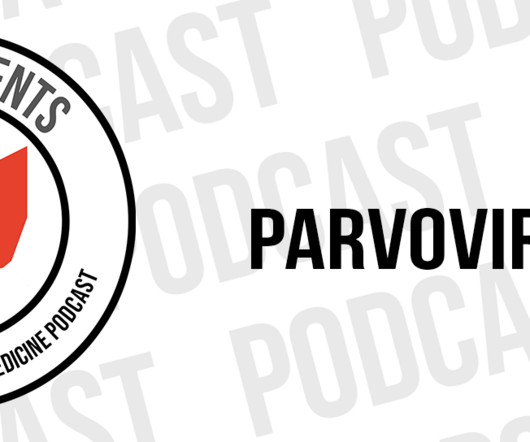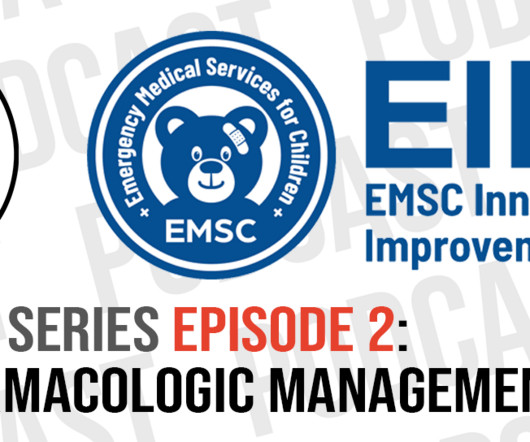Parvo Podcast! Erythema Infectiosum, Fifth Disease, and more!
PEMBlog
MAY 1, 2025
Youll also learn how to manage exposures in the emergency department, especially when the child has a pregnant caregiver, and why isolation isnt always necessary once the rash shows up. Recognize key diagnostic features that help differentiate Parvovirus B19 from other viral exanthems and systemic illnesses. Erythema Infectiosum.












Let's personalize your content